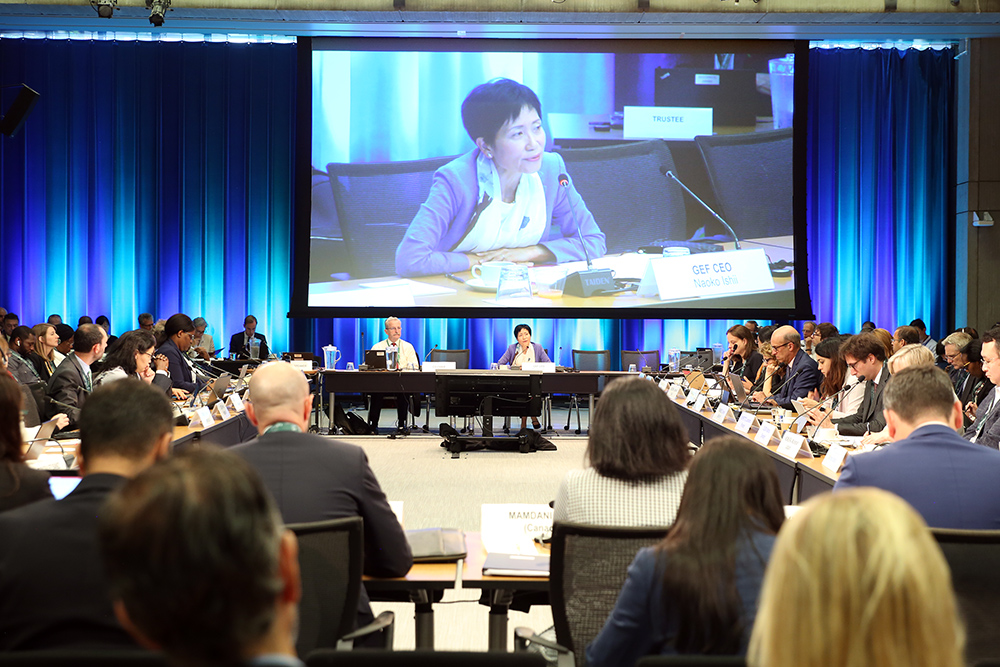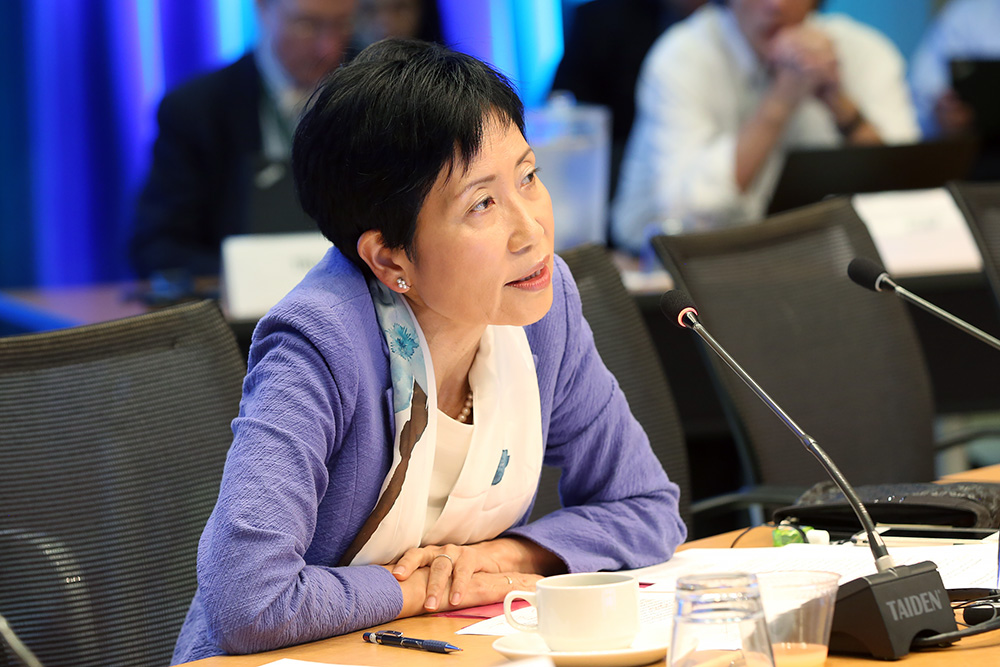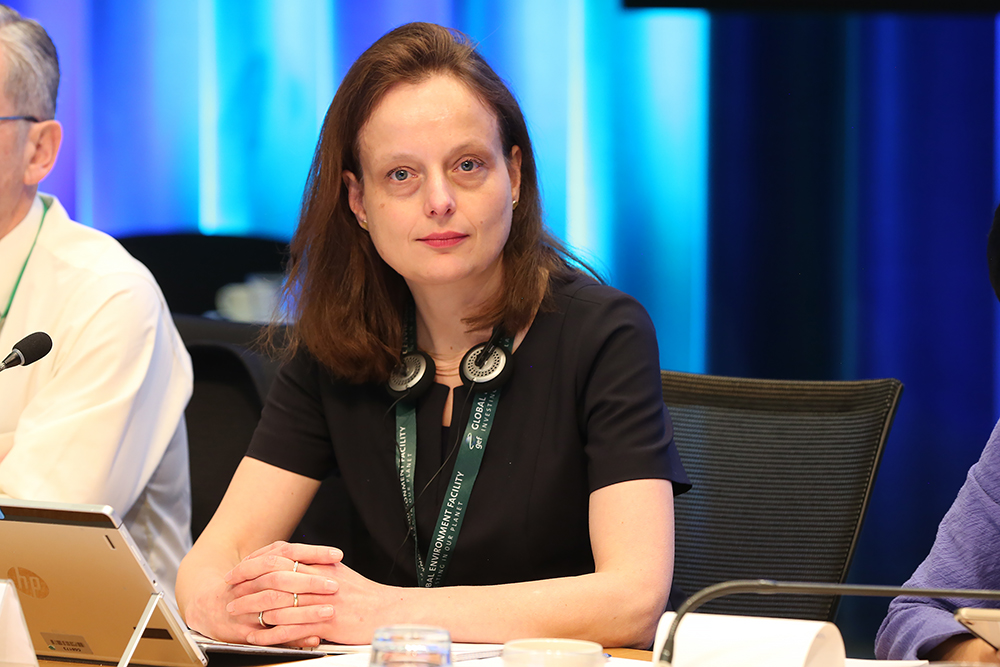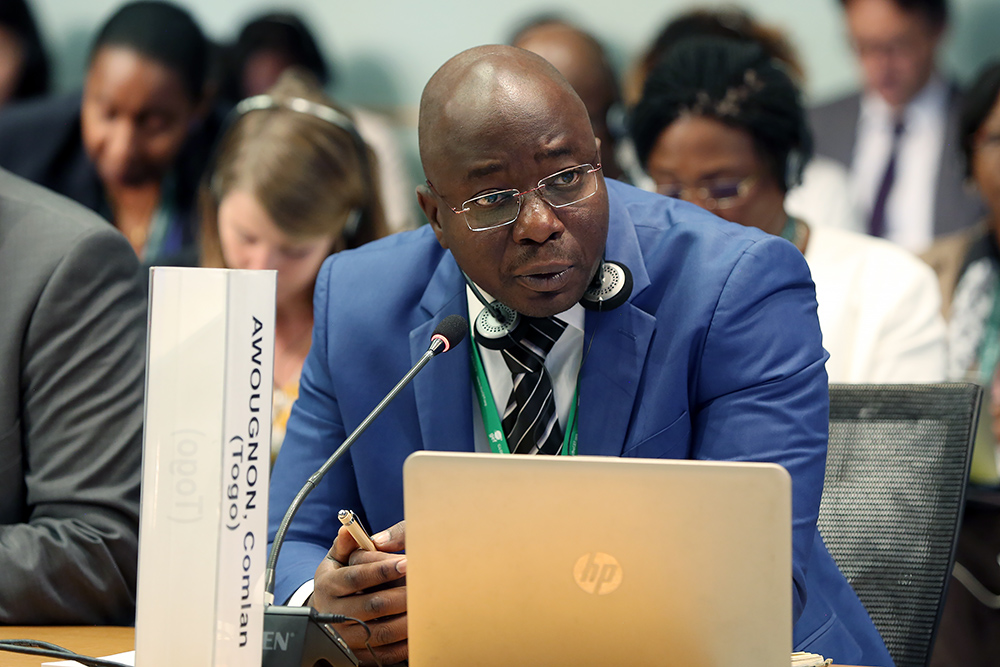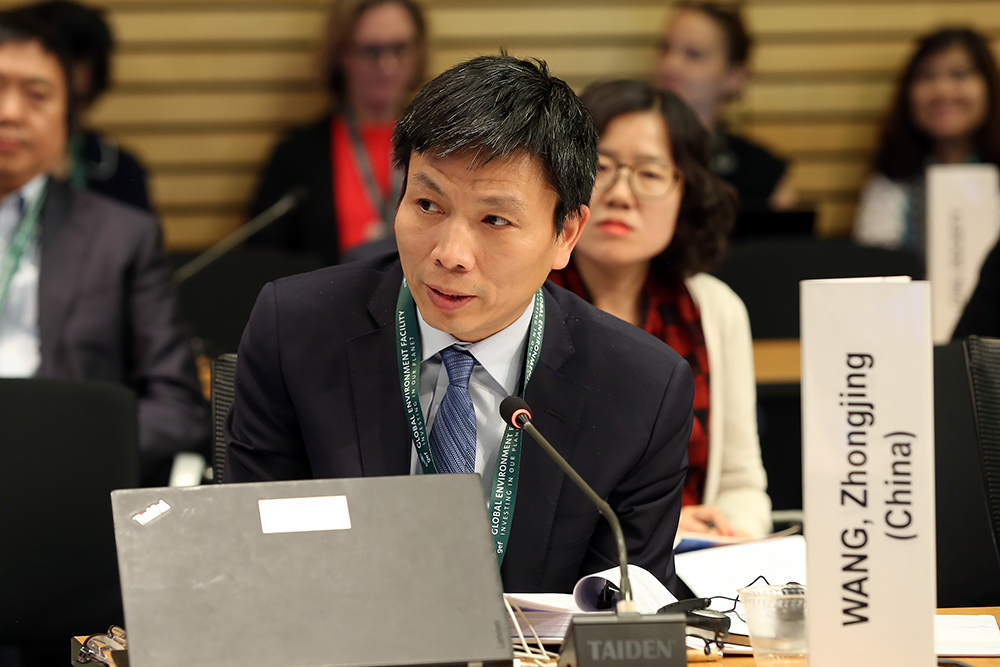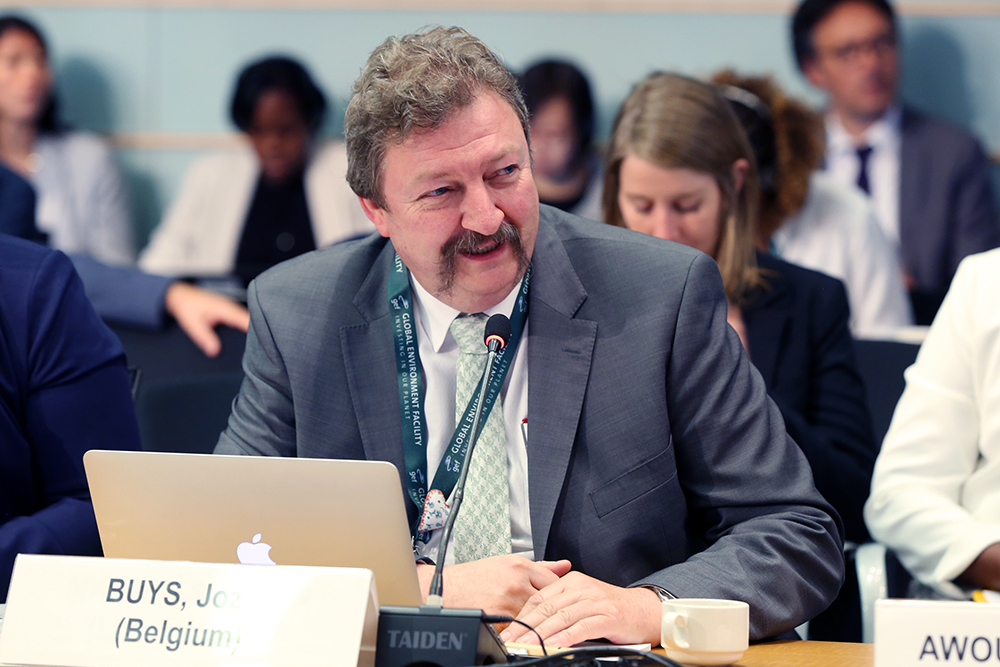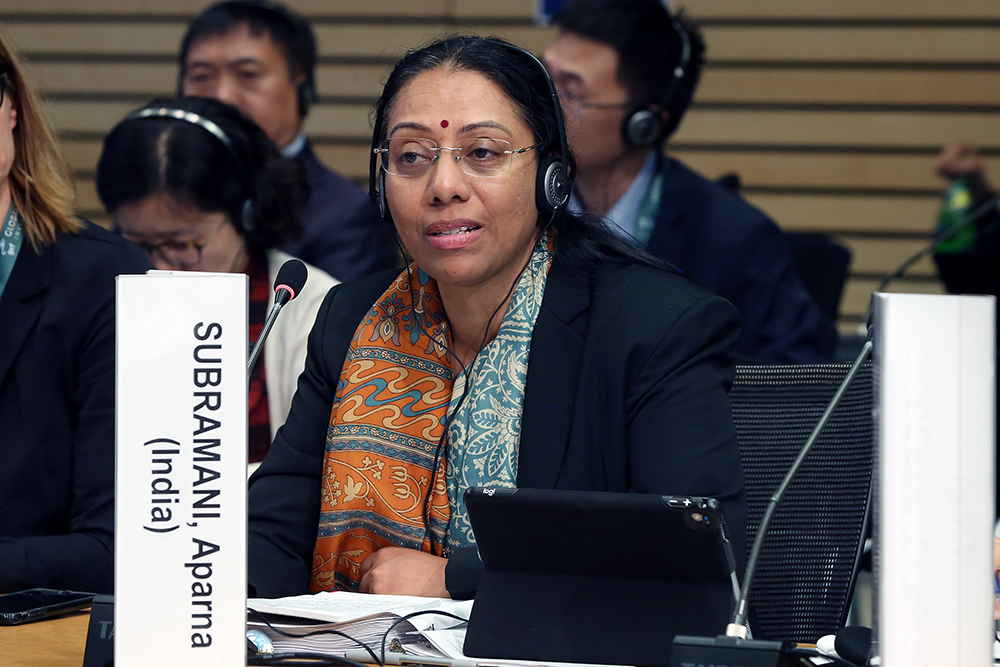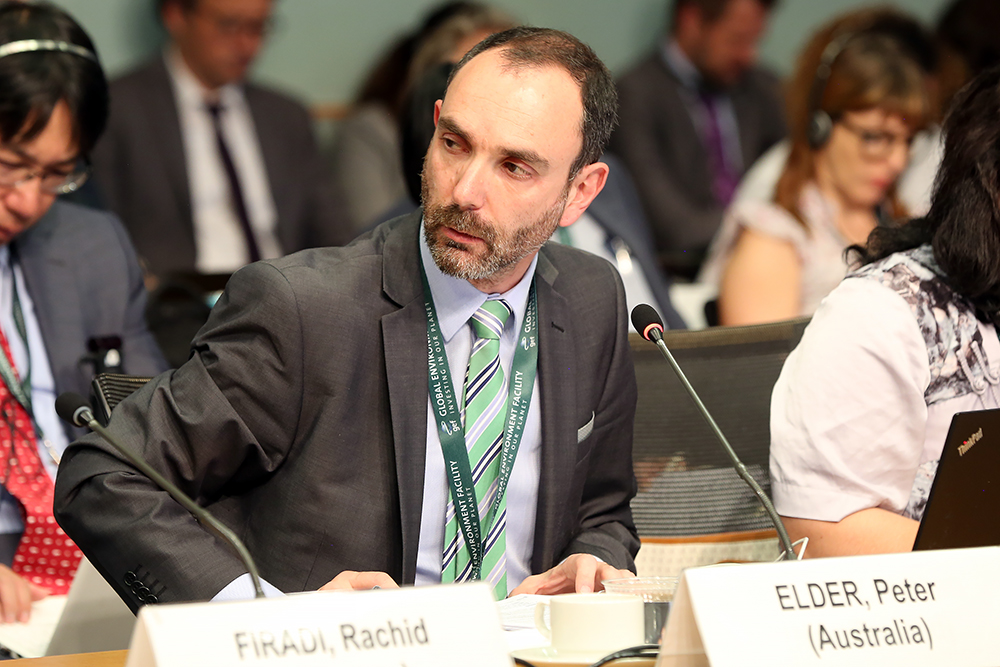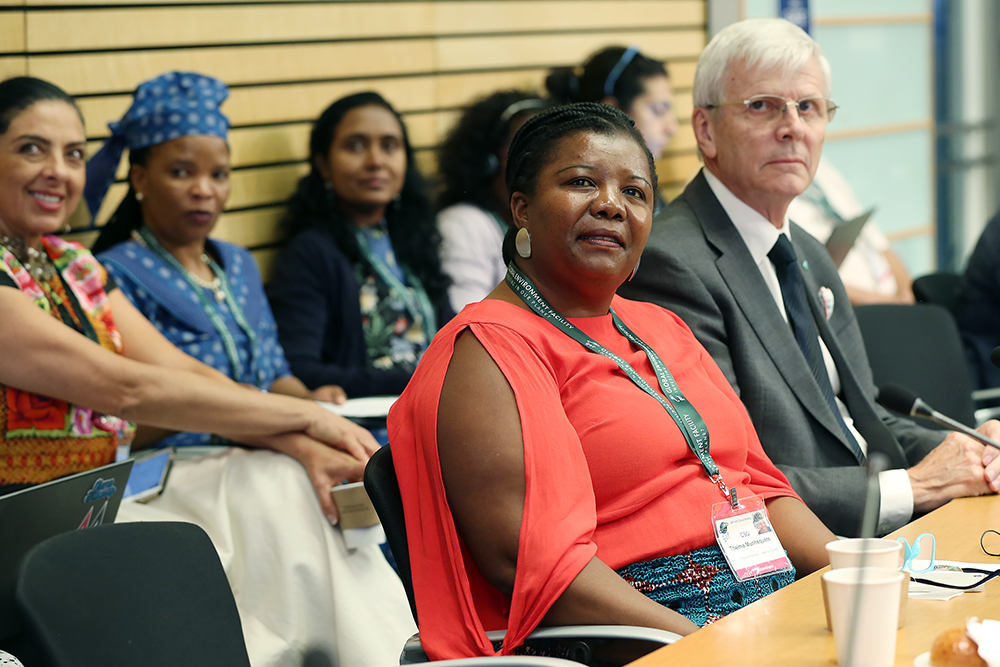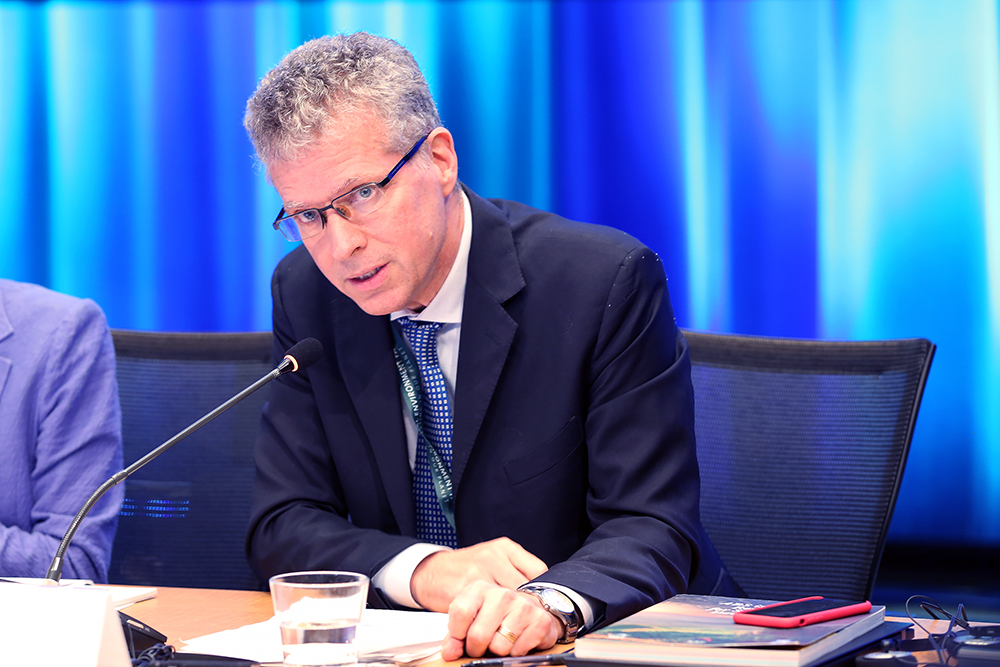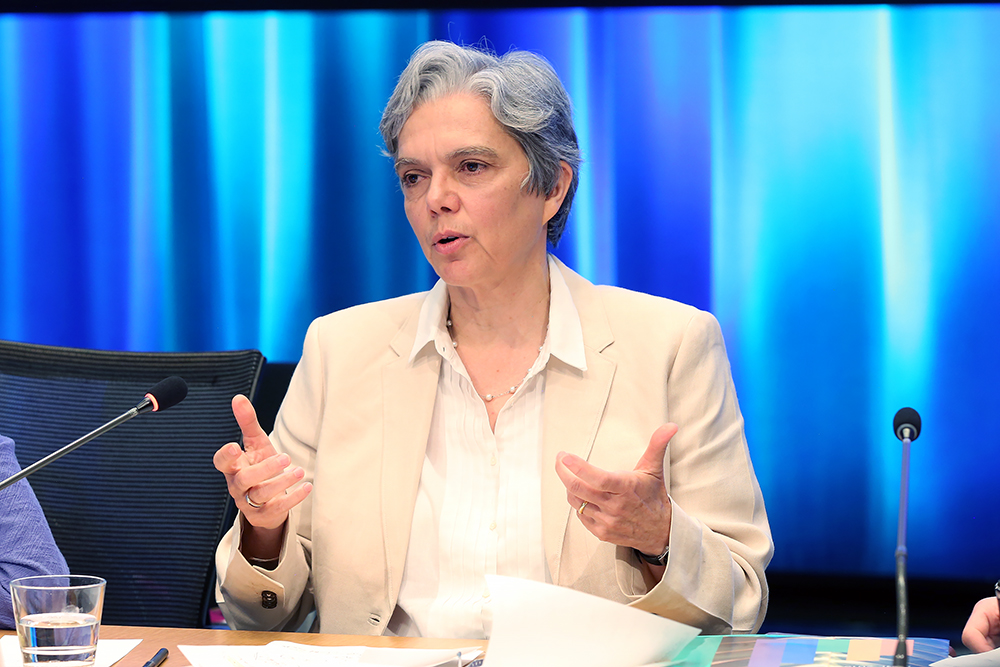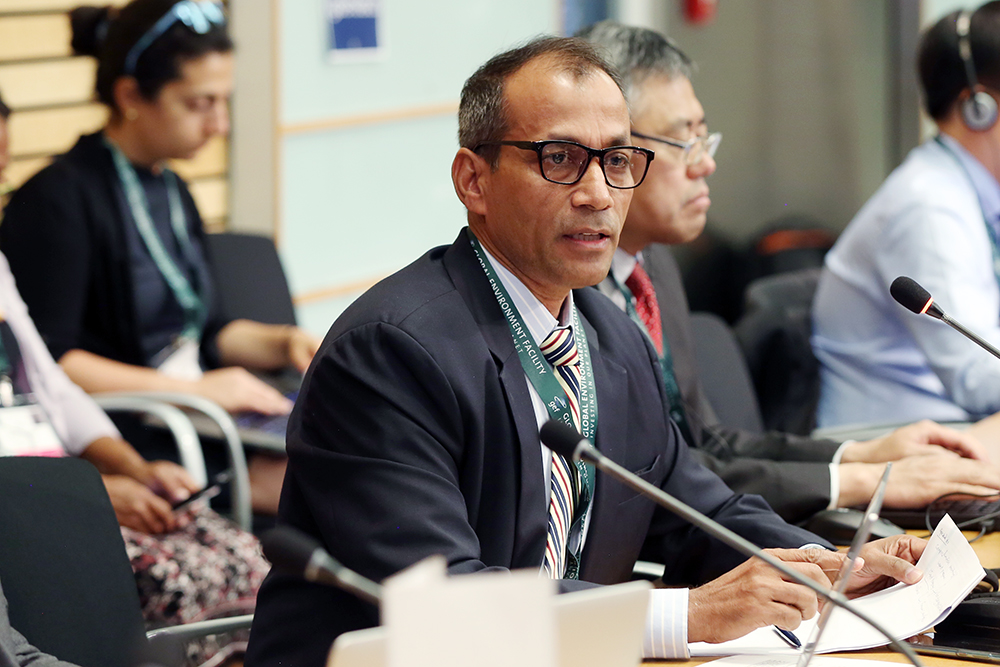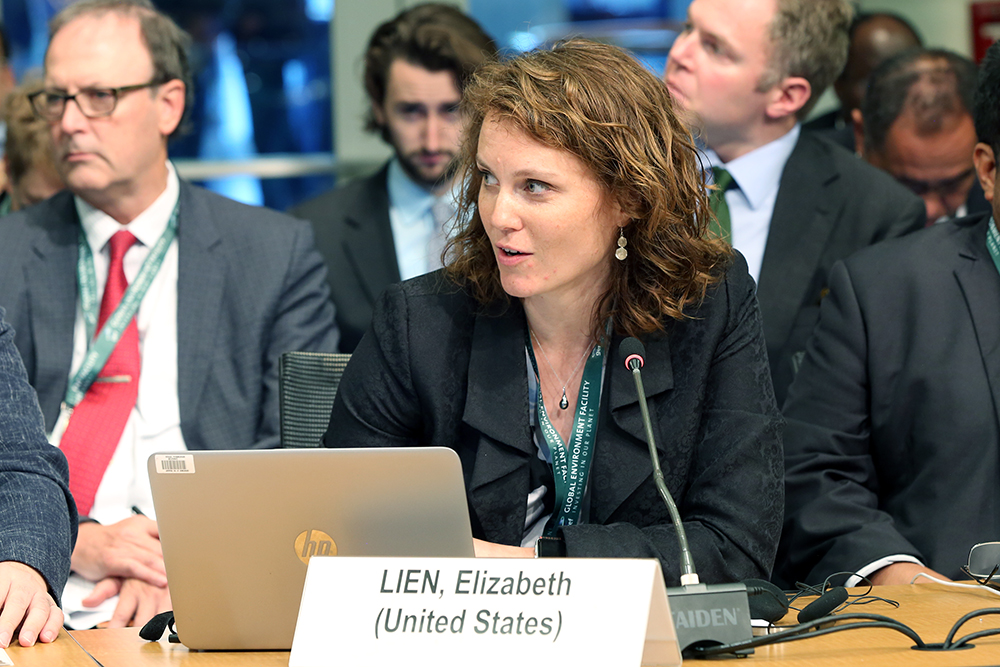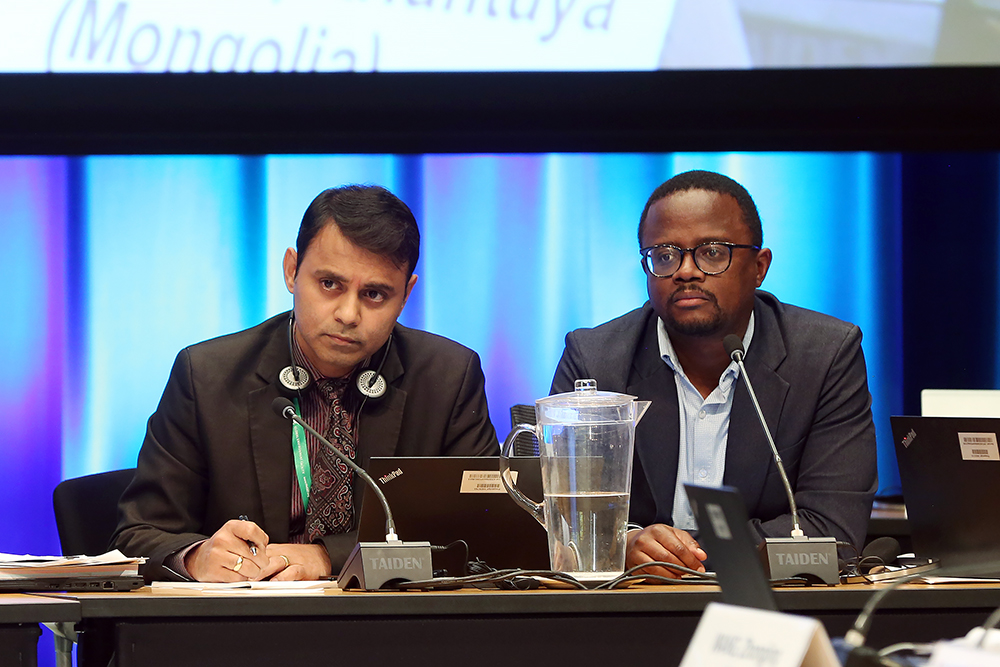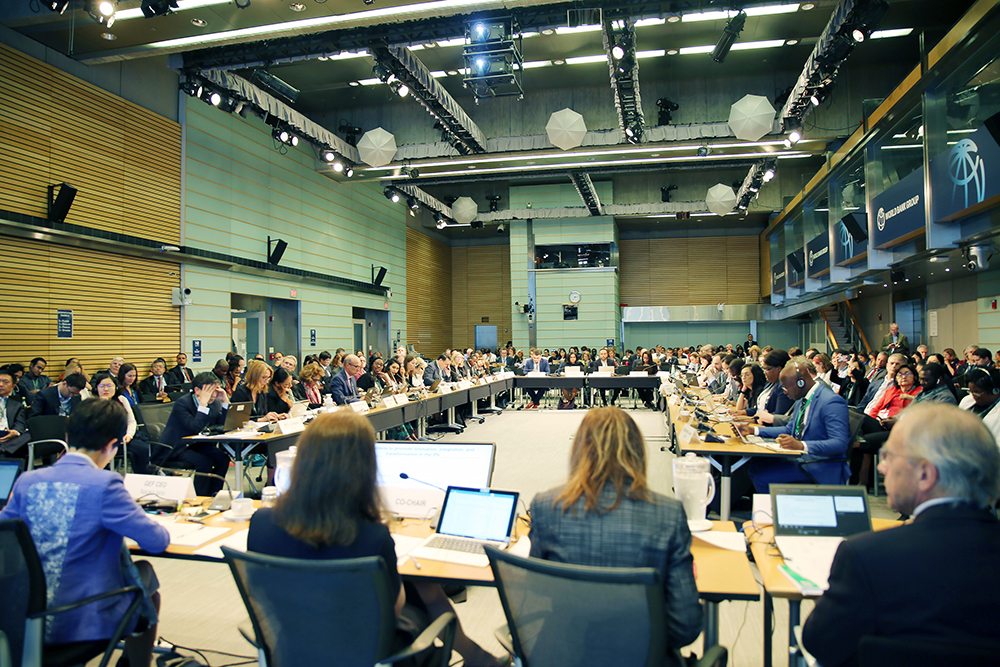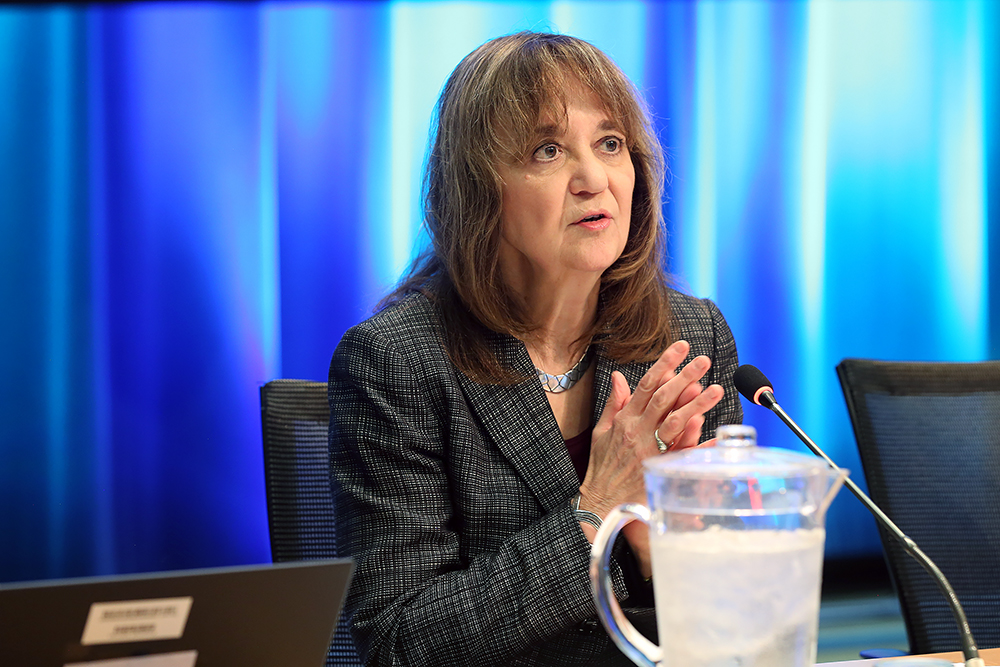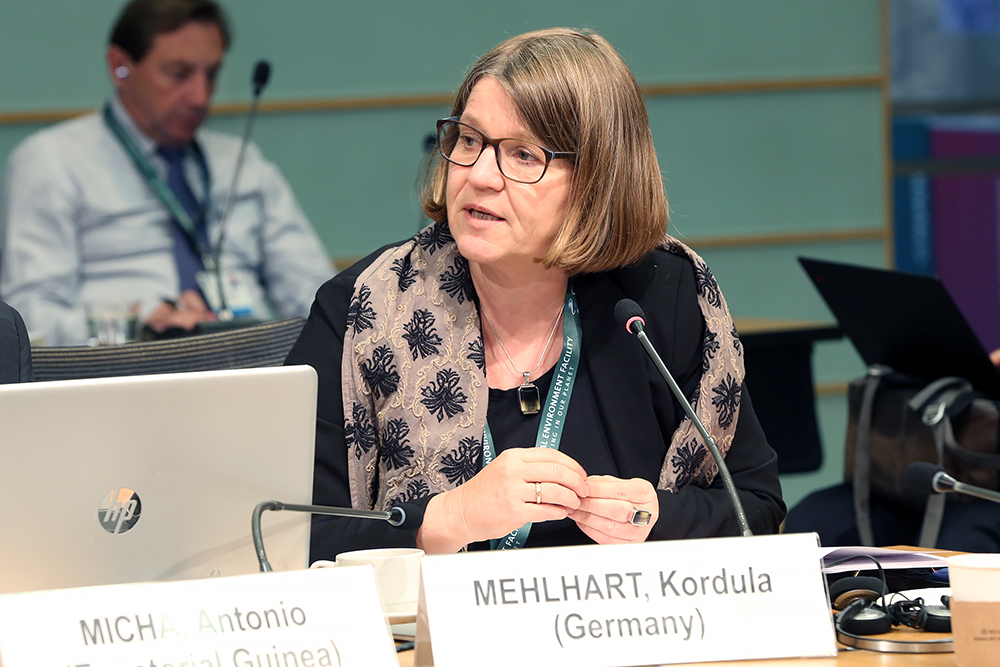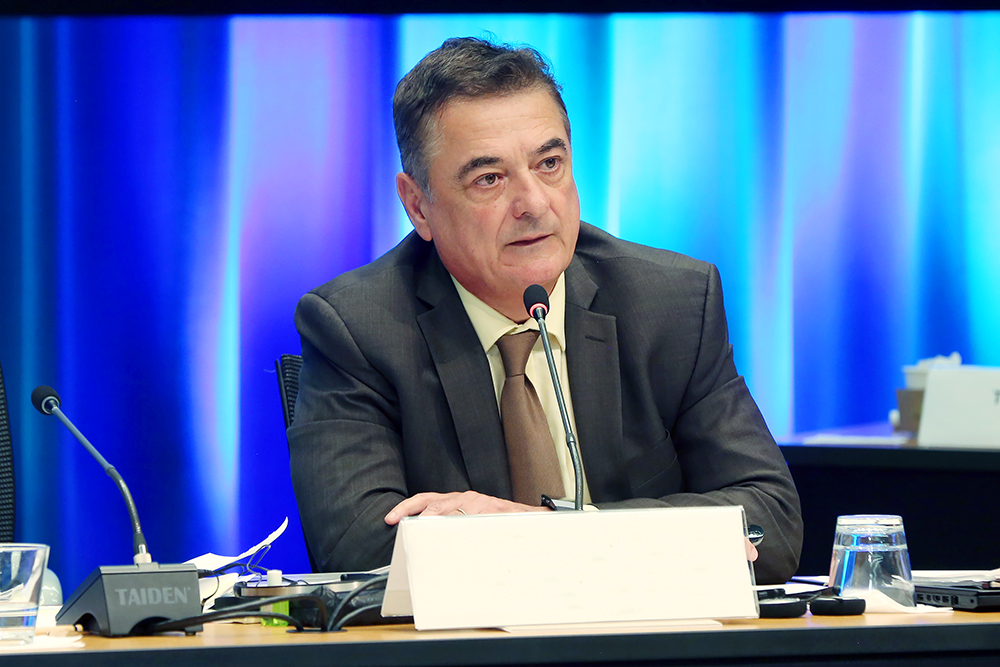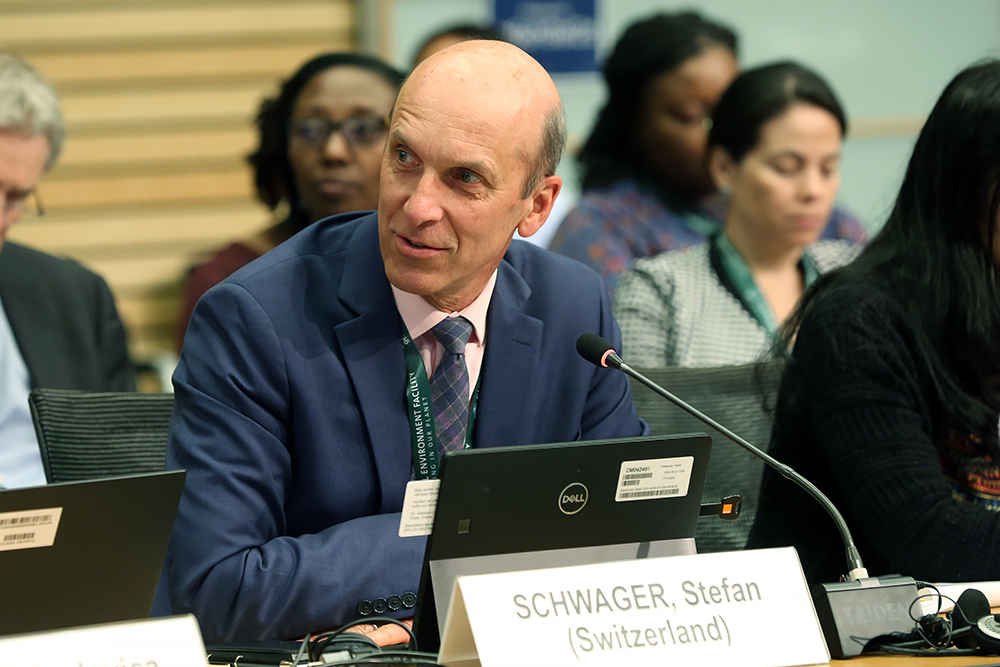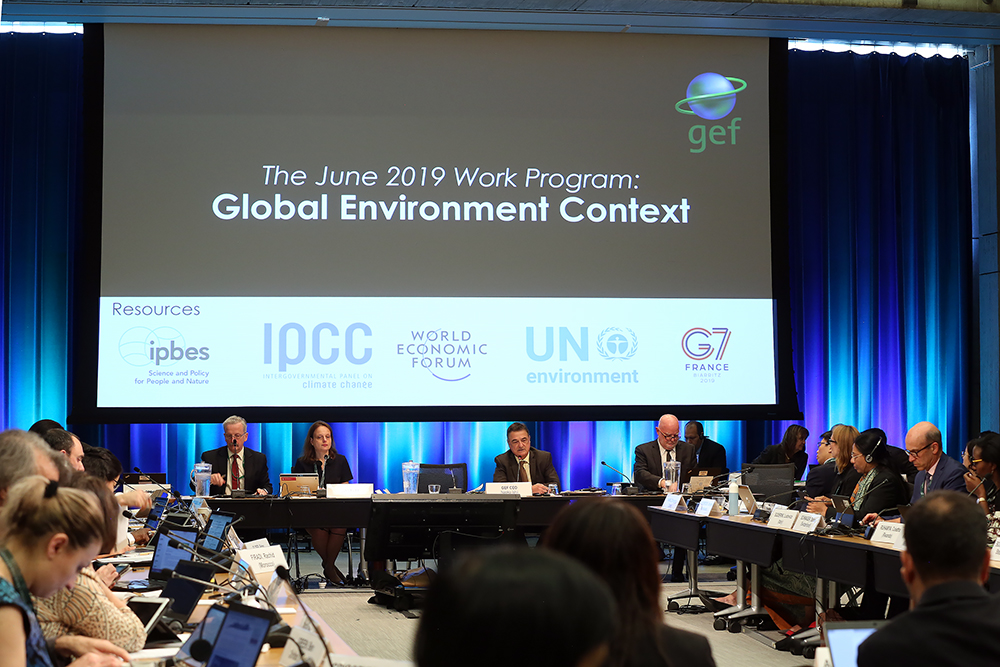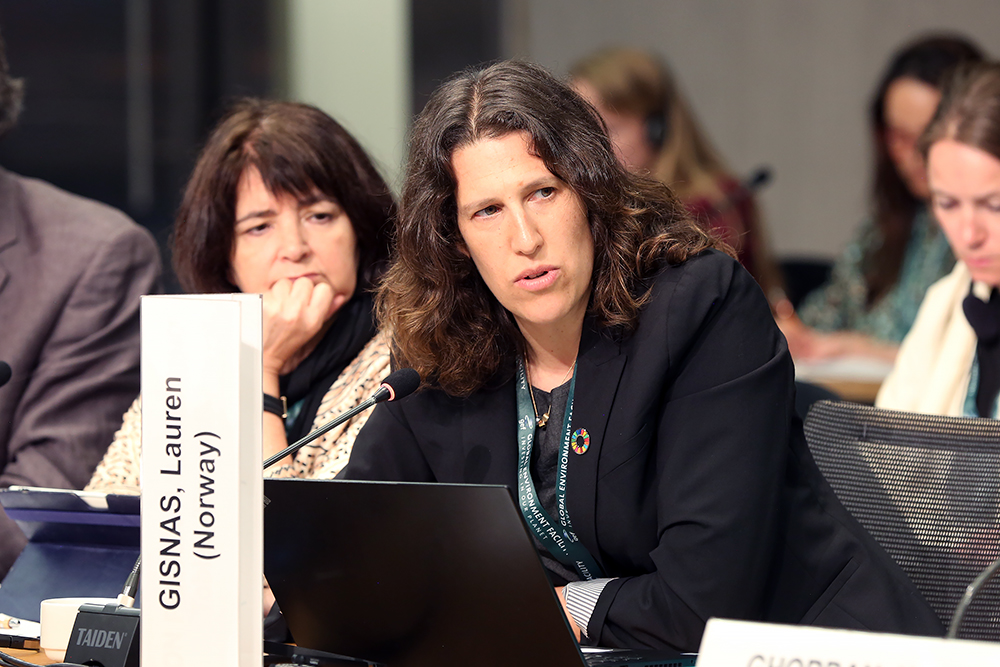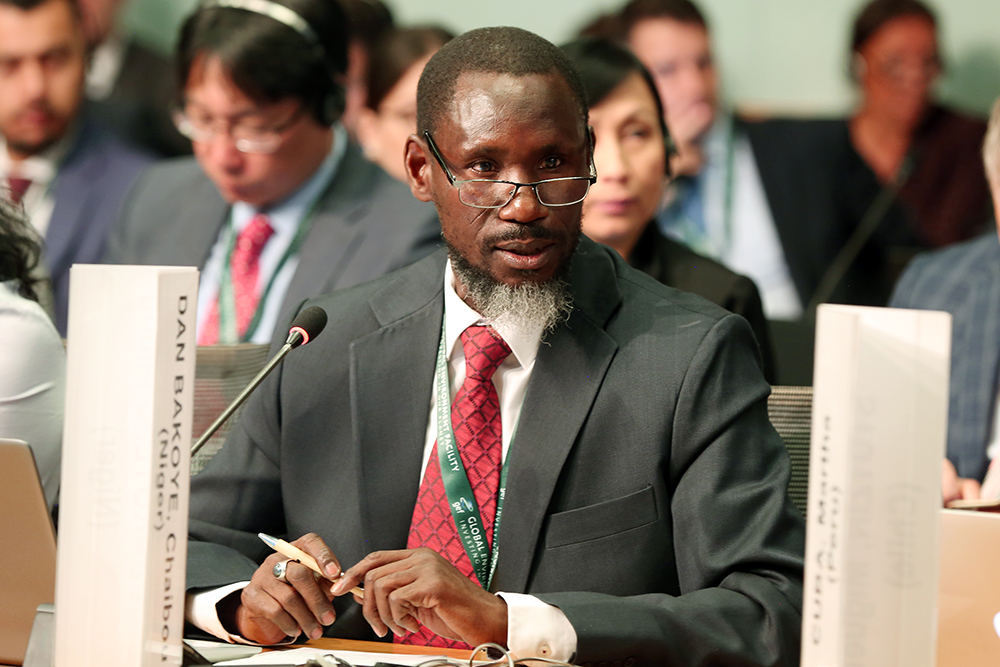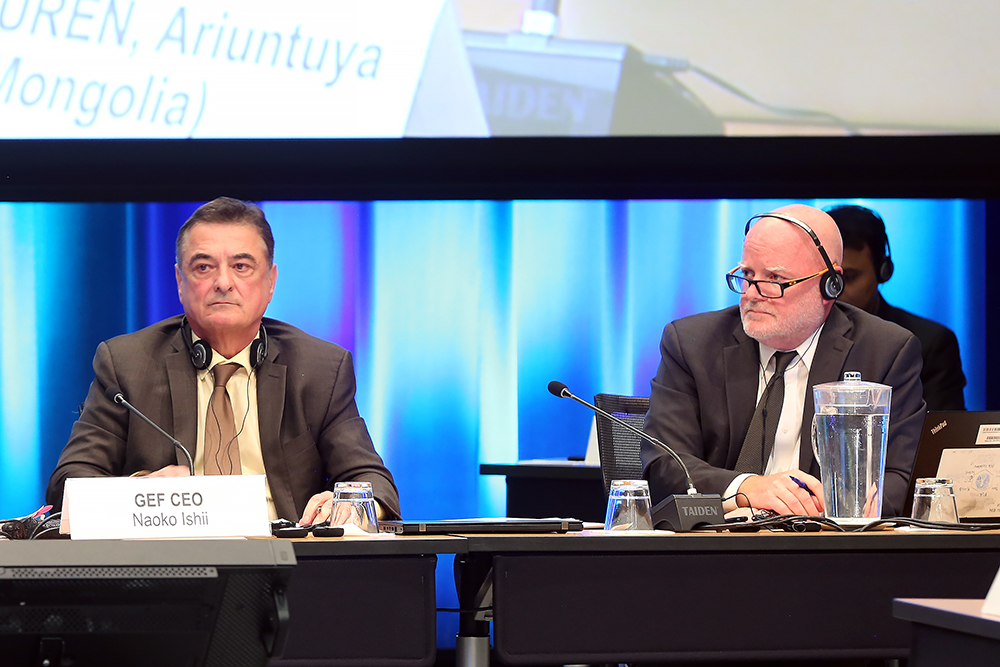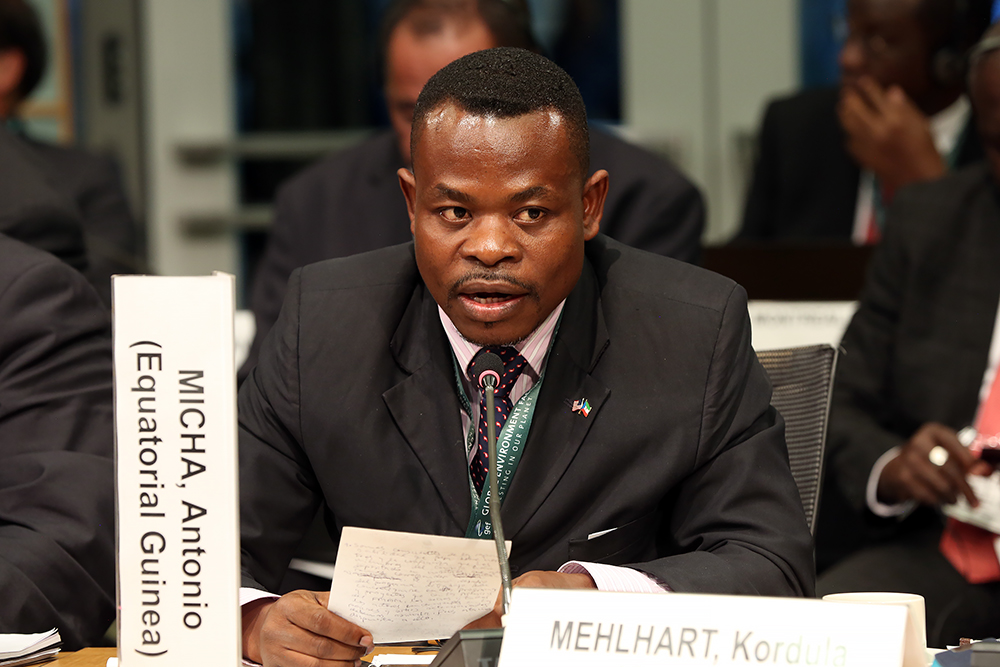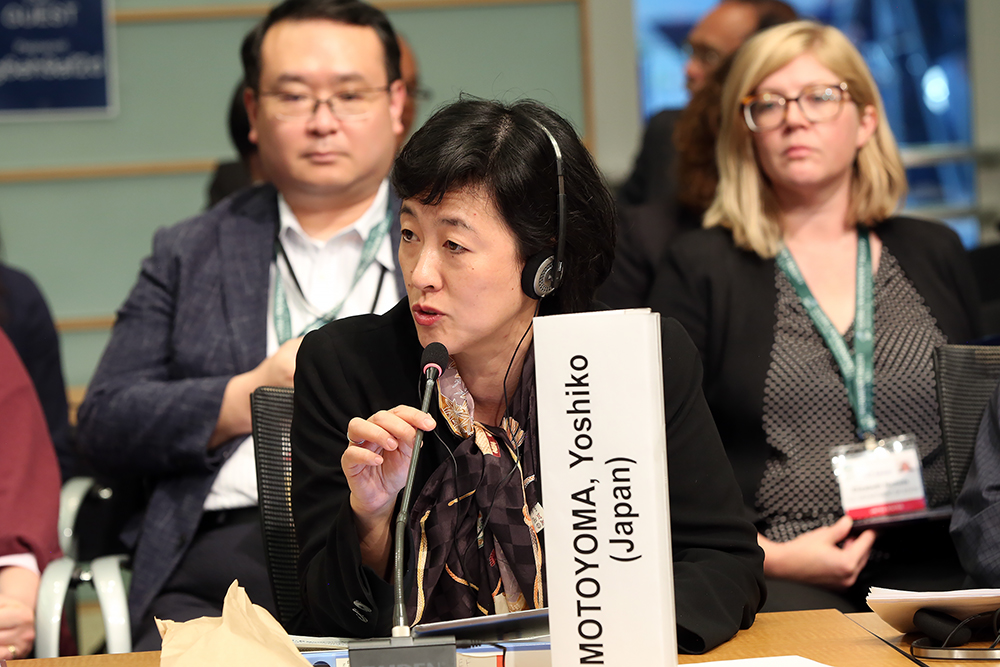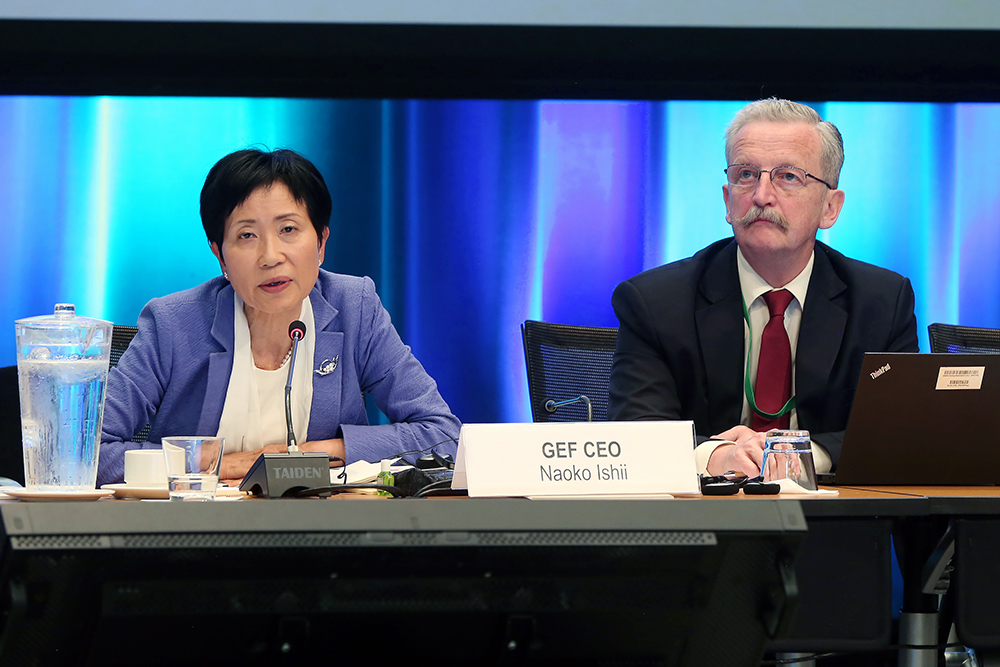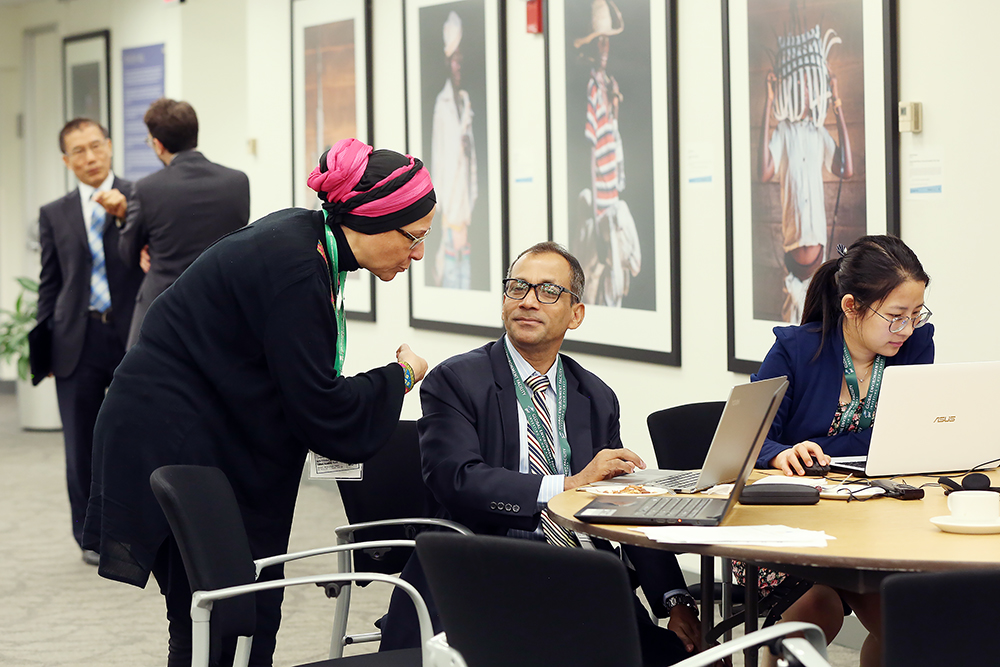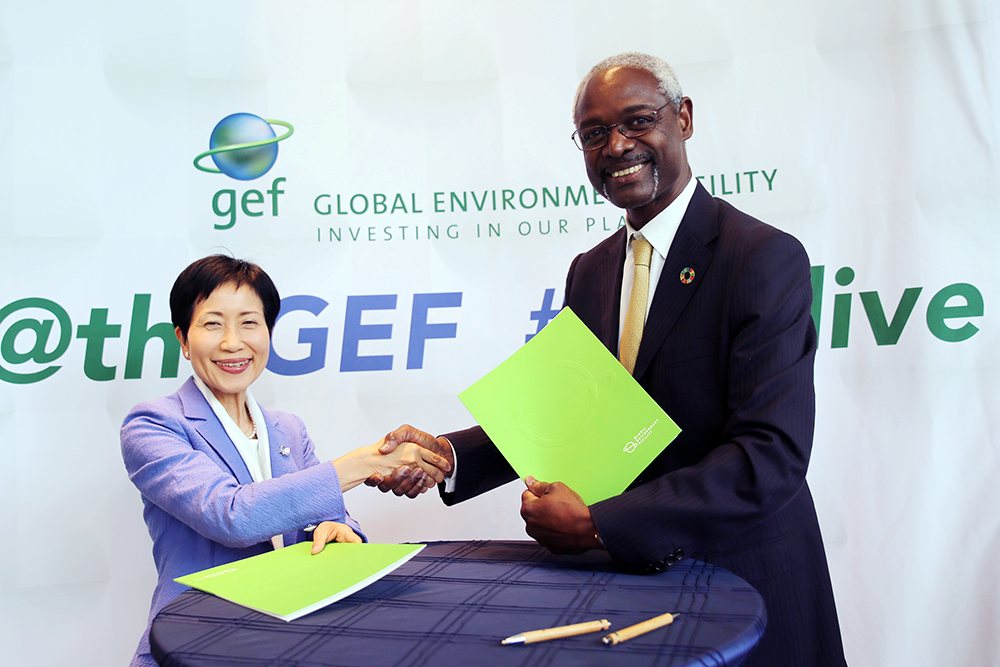Summary
Highlights for Tuesday, 11 June 2019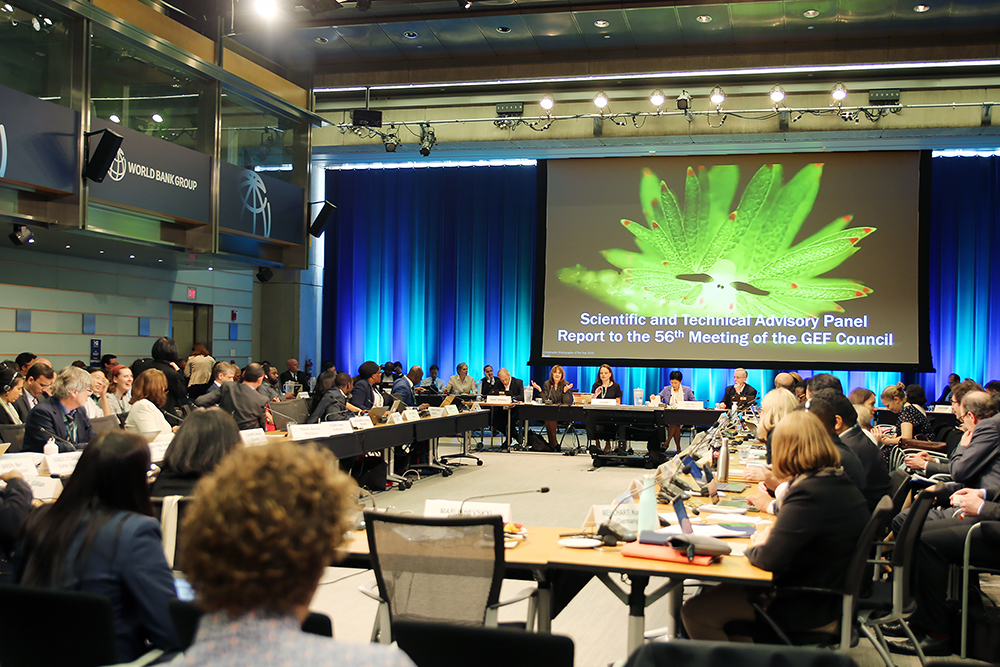
Naoko Ishii, GEF CEO and Chairperson, opened the 56th meeting of the GEF Council, highlighting that the GEF’s 2020 strategy has shifted focus from treating the symptoms of environmental degradation to addressing its causes and drivers. The GEF Secretariat presented the work program, the largest ever proposed, amounting to USD 865.9 million in projects and programs, including four Impact Programs covering food systems and land use, Amazon forests, Congo basin forests, and dryland landscapes. After seeking a number of clarifications and offering comments about specific elements and projects, the Council approved the work program, which will benefit 91 recipient countries, including 30 Least Developed Countries (LDCs) and 32 small island developing States (SIDS). It was agreed that a request from many Members for greater transparency regarding the selection of lead agencies and project countries for Impact Programs would be dealt with in a separate decision on Wednesday. Council Members heard a report from the STAP Chair, highlighting, inter alia, recent scientific reports, including the Intergovernmental Science-Policy Platform on Biodiversity and Ecosystem Services Global Assessment of the State of Biodiversity and Ecosystem Services and the UN Environment Programme Sixth Global Environmental Outlook, and what they mean for the GEF, criteria for GEF Impact Programs, and ways to achieve more enduring outcomes from GEF investments. In ensuing discussion, numerous interventions focused on definitions of durability versus sustainability and on how to incorporate STAP’s recent work, particularly on climate risk screening, into project design under the new work program. Delegates also discussed further work on the sustainability of GEF projects and programs. Council Members considered a draft updated monitoring policy, focusing on: the need to align now-separate monitoring and evaluation policies; the respective roles of Operational Focal Points and recipient countries; “achieved” versus “expected” results; deadlines for starting to use the new policy and related templates and guidelines; activities to be covered by the new policy; and civil society organization (CSO) involvement. Delegates further considered a report on the Working Group on the GEF Partnership. They agreed that further work is needed on implementation modalities associated with the concentration of GEF resources across Agencies and the previously-agreed 30% ceiling on the GEF’s share of Agencies’ portfolios, and requested that the Working Group present recommendations to the Council at a future date. Finally, Council Members took note of the GEF business plan, and approved the corporate budget for the fiscal year 2020 from the GEF Trust Fund of USD 29.273 million.In the afternoon, Ishii and Ibrahim Thiaw, Executive Secretary, UN Convention to Combat Desertification (UNCCD), signed a Memorandum of Understanding to enhance cooperation between the GEF and UNCCD.
IISD Reporting Services, through its ENB+ Meeting Coverage, provided daily web coverage, video coverage, and a summary report from the GEF Council Consultation Meeting with CSOs, 56th GEF Council Meeting, and 26th Meeting of the LDCF/SCCF Council. The summary report is now available in HTML and PDF.
Photos by IISD/ENB | Francis Dejon
For photo reprint permissions, please follow instructions at our Attribution Regulations for Meeting Photo Usage Page.
